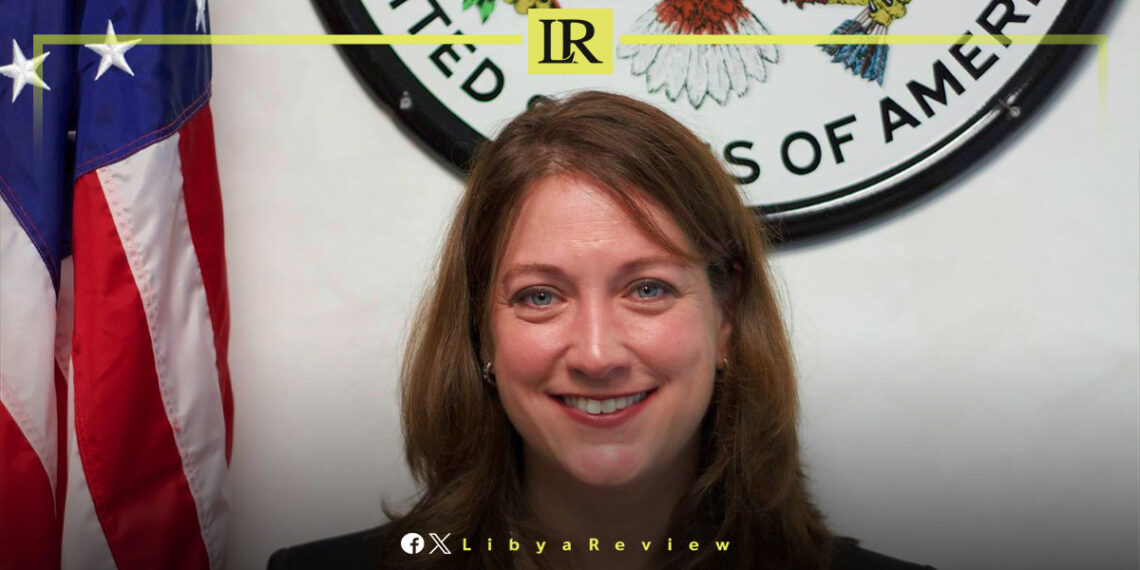Jennifer Gavito, the nominee for US Ambassador to Libya, has officially requested that President Joe Biden withdraw her candidacy after a frustrating 32-month delay. Her nomination, submitted by the State Department, had been stuck in Senate limbo for nine months, with no progress made toward confirmation.
Gavito explained that the Senate’s inability to advance 26 foreign policy nominations, including her own, during the pre-election recess, led to her decision to step aside. Citing her 26 years of diplomatic service, she stated that after such an extended wait, it was time to prioritize her family.
In a pointed statement, Gavito warned that the absence of a US ambassador in Libya for the past two years has opened the door for rival powers like Russia and China to increase their influence, further destabilizing NATO’s southern border. She emphasized that diplomacy remains the best tool for Washington to counter these rising threats and safeguard its interests.
During her testimony before the Senate Foreign Relations Committee in June, Gavito expressed concern about the US’s strategic interests in Libya, stressing the increasing instability in the Sahel region and the potential threat it poses to NATO. She also warned of Russia’s attempts to build deeper defense ties with Libyan factions, calling it a low-cost but highly disruptive strategy to undermine stability in the region.
Had she been confirmed, Gavito pledged to work with Libyan leaders across both the east and west to reinforce military integration, secure borders, and protect Libya’s sovereignty. Her top priority would have been to ensure that the gains made in counterterrorism efforts were preserved, preventing extremist groups from exploiting the situation and threatening US interests in the region.
Gavito also underscored Libya’s pivotal role in global energy markets. As Africa’s largest oil producer and the country with the ninth-largest proven oil reserves globally, Libya’s stability is essential for maintaining global energy supplies. Its significant natural gas reserves highlight its strategic importance in ensuring energy security.
The withdrawal of Gavito’s nomination highlights broader challenges facing US diplomacy. Libya remains a fractured nation, with rival governments in the east and west battling for control. This division has made it difficult for the US to maintain influence, especially in the absence of an ambassador. The power vacuum left by Washington has allowed countries like Russia and China to expand their presence, with Russia’s Wagner Group deepening its involvement in Libyan affairs and China boosting its economic investments.
The Biden administration will now need to identify a new nominee for the ambassadorial post, a process that could take months, further delaying America’s diplomatic engagement in Libya. This comes at a critical time, as the instability in Libya continues to reverberate across the Sahel, posing security risks that could have global consequences.


